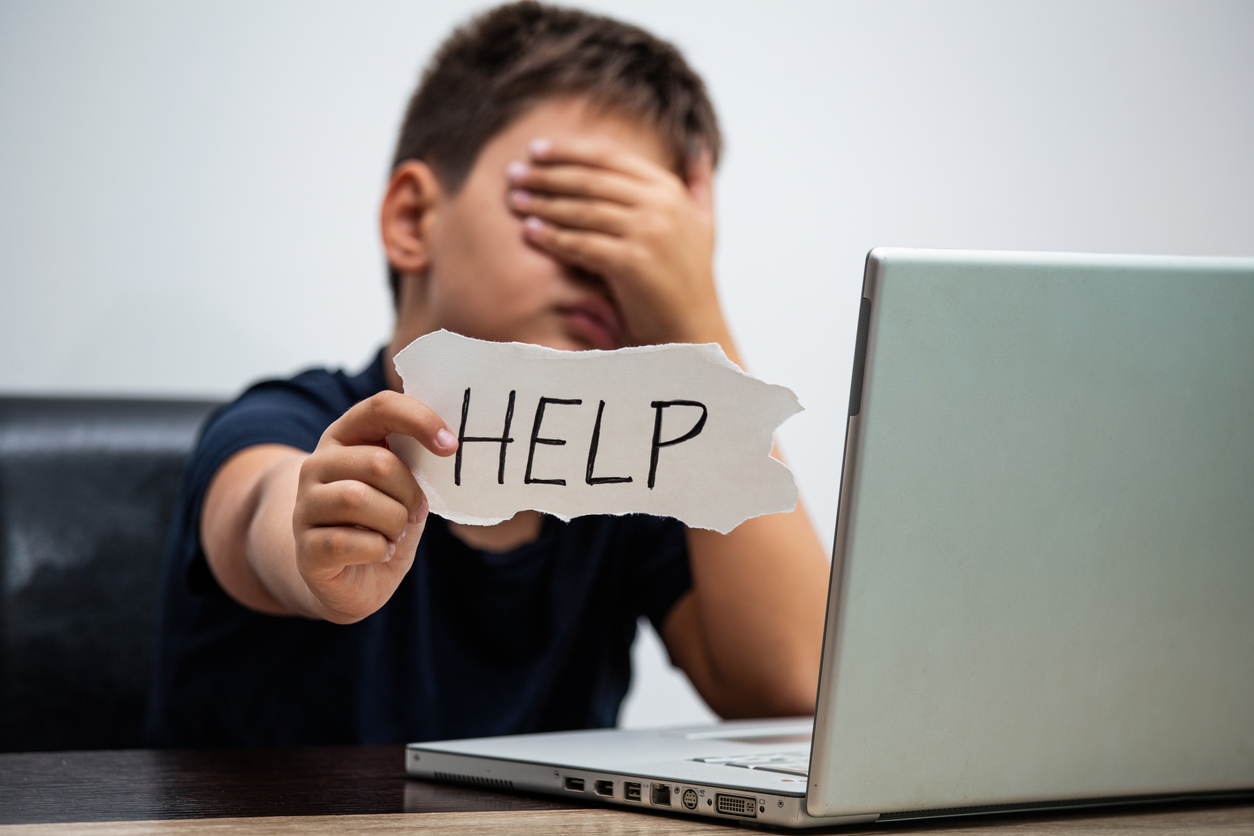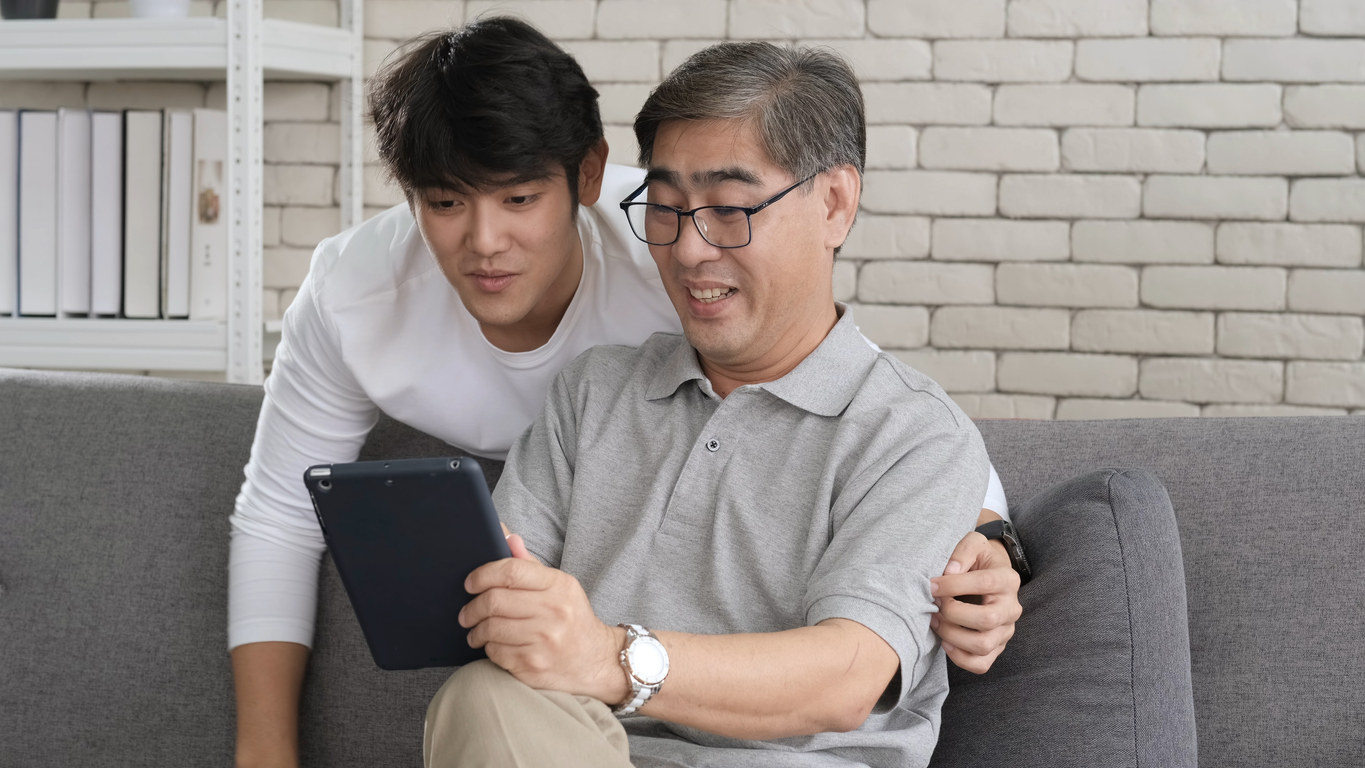Why we need to help our teens with social media.
So, what is social media?
Social media is a broad term applied to any program or online tool that allows people to share information with each other as a community.
Examples include (but are not limited to):
- Social networking sites
- Video and photo sharing sites
- Microblogging sites
- Weblogs
- Online multiplayer gaming platforms
- Instant messaging
- Forums and discussion boards
- Vodcasting and podcasting
- Any other website, platform or APP that enables individuals to publish and distribute their own views, blog, comment and/or add photographs and video.
Why do people use social media?
People use social media (and people like social media) as they can:
- create online profiles
- meet people
- post comments or chat with others
- react to or ‘like’ other people’s posts
- upload photos and videos
- tag photos and content
- share links
- remix or change existing content and share it
- create and share game modifications.
Well known social media sites include Facebook, Instagram, Snapchat, Discord, YouTube, TikTok, Twitter, Yammer, Tumblr, WeChat, SMS, WhatsApp and Facebook Messenger.

Why do we need to help our teens with social media?
Teenagers are social
On average, Australian teenagers have access to at least three devices with internet connectivity, so we know that social media is very much a large part of their social life (Sahlberg & Graham, 2021).
Teens connect to each other online, as they continue to build friendships they’ve started to form face-to-face. They may also build friendships with others they haven’t met but share interests with.
For most parents generationally, there is a large gap to straddle here as most of us were born in a generation who did not have digital devices until our early adulthood. We need to consider the perspective of the teenager and be understanding that socially they would like to connect, and will do so either openly or covertly.
Teenagers can cause harm online
We all need to monitor and restrict social media for our teenagers. This helps restrict any content that could damage their personal wellbeing, but also limits any anti-social interactions they might be having online, such as mean comments, tagging friends in inappropriate/unwanted photos and posts. Teenagers can cause harm either intentionally or unintentionally.
As a parent, you should establish an agreement with your teenager, particularly if they are downloading and creating accounts without your permission or knowledge (and this should not be happening). Making a plan is really helpful.

Role of the parent
Your Duty of Care
The role of a parent is to minimise risks and maximise benefits for their child, particularly outside school hours.
According to our national e-Safety Commissioner (2020), monitoring and restricting our teenagers’ use of social media can be one of the hardest, but smartest, things a parent can do.
Social media usage tends to be highest outside school hours, and often away from a parent’s line of sight, so a parent’s role in managing social media is a major protective factor for teenage mental health.
Are they old enough?
Is your teenager old enough to use that piece of social media? This can be a maturity aspect in which parents can make the judgement.
Also, consider the age rating for each social media platform. Each social media site and app has its own criteria for minimum age requirements.
Most require users to be at least 13 years of age before they can register, but often there is no verification so children below that age can create an account by pretending to be aged 13.
An easy way to check the age rating is to visit the Australian e-Safety website or a simple google search.
Is my teenager ready for social media?
Your teenager may be old enough, but are they actually ready for social media?
Consider the following questions (recommended by our national e-Safety Commissioner) before allowing your teenager to use social media:
- Does my teenager have a good sense of responsibility?
- Are they able to stick to the rules?
- Do they show a good understanding of actions and consequences?
- Do they know what a digital footprint is?
- Do they come to me or another trusted adult when they are distressed or if they encounter problems?
(eSafety Australia, 2021)


Time and place
Social media is now intertwined with everyday life, and most Australian teenagers have access to their own mobile devices with internet connectivity. Indeed, according to Growing Up Digital Australia report by the Gonski Institute of UNSW (2021), almost 60% of parents whose child is struggling with school say they allow their teenager to use digital devices in the bedroom.
This is a problem as a child’s bedroom does not allow for monitoring, and they may not seek help from you if they are encountering a challenging situation or problem online.
What are your family rules about when and where your teenager can use their smartphone? And does your teenager respect these rules? For example, they should not create accounts without your knowledge or permission, they should not use devices in their bedroom at night and they should respect school rules regarding technology use when at school.
The Role of the School
The role of the school is to help care for and educate your teenager when they are at school. A total of 95% of schools in Australia have policies governing the use of social media and devices such as smartphones (Gonski Institute, 2020). These policies monitor teenagers’ usage whilst they are at school.
The role of the parent is to help care for and educate their teenager when they are not at school (so all other times). Parents who listen to advice from their child’s school, and work in partnership with their school, have the most positive outcomes for their teenagers.
In fact, close collaboration with schools can be significant in promoting positive mental health as well as a positive relationship with technology in general (Sahlberg & Graham, 2021).
A school can encourage and guide your teenager to follow school values and student codes of conduct. Many schools will have an ICT policy and a Social Media Code of Conduct (it may be available in the student planner).
How can you help?
- Keep an eye on age limits for social media apps.
- Use social media together. Supervision is important. You should know what your teenager is doing online and who they are interacting with. Just like you would when you give permission for them to go out at night, you would know where they are going and with whom. The same applies online.
- Have open conversations and often.
- Role model positive prosocial behaviour online.
- Be selective about what your teenagers engage in. Restricting and monitoring usage is an important part of parenting, and also a smart move for parents. Although this is short term pain, it is long term gain (Grant, 2020).
- Avoid the set and forget. Use trusted sources for positive content and keep track of updates to social media apps. The more informed you are, the better you can monitor changes to notifications and settings, particularly when updates may make apps go back to default settings. Privacy settings are particularly important and teenagers will need your help with turning off location settings, setting profiles to private, or turning off chat functions.
- Avoid confiscating digital devices as a consequence for poor behaviour. Devices are a method of social connection for your teenager. If you take their device away due to their poor behaviour, this will cause your teenager to fear losing social connections and discourage them from sharing problems with you (for fear of reprisal). This is not helpful for your relationship with them.
- Instead, think of another consequence such as restorative justice, ‘I would like you to call X and apologise in person (and online) for what you said online last night’ or, ‘this week I have increased your chores for you to earn your normal time online – if you do not complete the chores you will not get that time online’ (so make the consequence and outcome achievable).
- Avoid ‘sharenting’ which refers to parents over-sharing on social media themselves. This is not good role modelling and can cause conflict in your relationship with your teenager who may not want you to share personal moments. Instead have a conversation with your child, this will help your relationship with the added benefit of helping them learn how to make good decisions about what they post as well.
Resources
Other useful information can be found on the following sites:
Check age ratings and consumer advice for apps and games on devices your teens use: via the App Store or Google Play, and for movies and games, the Australian Classification Board’s online database.
Raising Children Network
https://raisingchildren.net.au/
NetAware (UK)
https://childrenandmedia.org.au/
The Australian Council on the Children
https://childrenandmedia.org.au/
Commonsense Media (US)
https://www.commonsensemedia.org/
Digital Parent Citizenship
https://www.digitalcitizenship.nsw.edu.au/articles/how-your-social-media-posts-can-impact-your-children/
Laws for Children using Social Media
https://www.childmags.com.au/laws-children-need-to-know-about-social-media/
Federal Police
https://www.afp.gov.au/news-media/media-releases/afp-urges-parents-protect-children-they-head-back-school
Resources
The role of the parent during this time of change
What should you be focusing on?
Do you want to be part of our Staff Development Network?
Sign up to receive our newsletter
